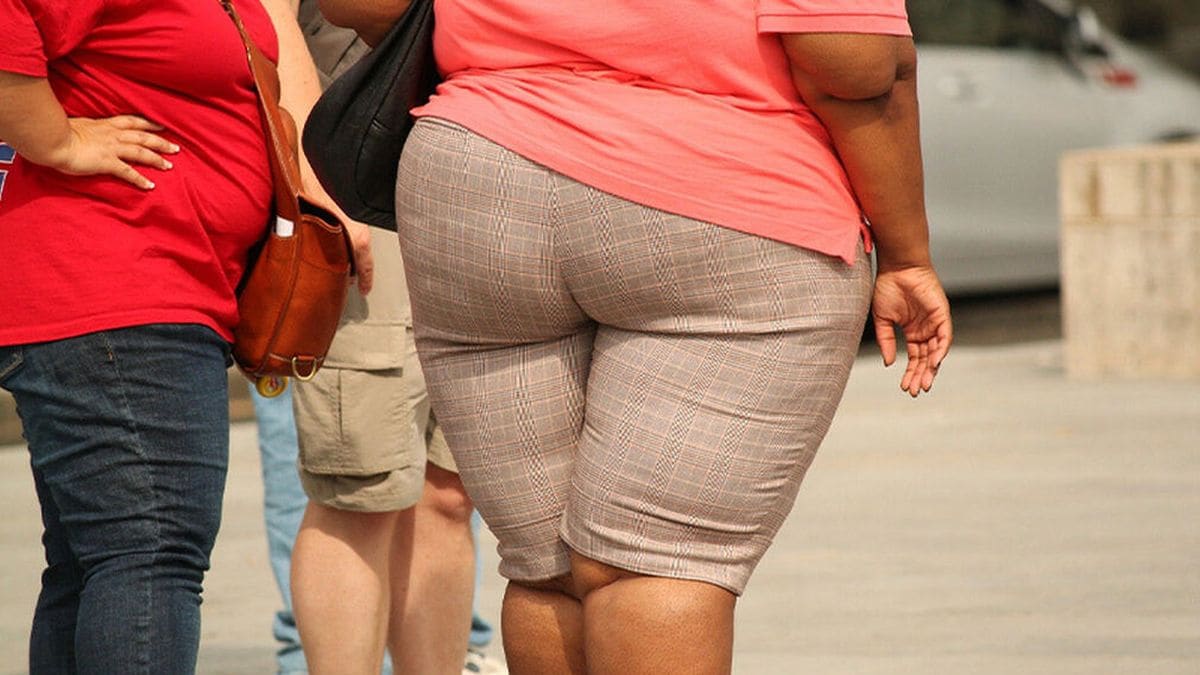Now, every 1 in 8 people in the world has obesity: How did we get here?
Obesity rates across the world, in males and females as well as children, have risen significantly. A study shows that one billion people are already obese, a milestone which was to be reached in 2030. Consumption of unhealthy food, lack of exercise and other environmental factors are to blame for this epidemic

The world is staring at a huge, huge problem. And we aren’t talking about climate change or wars. We are talking about obesity. A new study published in the Lancet has revealed that more than a billion people worldwide – or roughly one in eight – has obesity, making it the most common form of malnutrition in nearly every country.
What is even more concerning is that the world at large has reached this milestone much earlier than was predicted. Previous estimates by the World Obesity Federation suggested that there would be one billion people living with obesity by 2030. Francesco Branca, director of nutrition for health at the World Health Organization (WHO), said the rise past one billion people has come “much earlier than we have anticipated”.
How prevalent is obesity worldwide?
The Lancet study analysed the weight and height of 220 million across 190 countries to check how their body mass index (BMI) has changed since 1990 until 2022. And what they found was staggering.
The report revealed that 879 million adults and 159 million children were obese in 2022. Furthermore, global obesity rates among adult women has more than doubled between 1990 and 2022, while rates among adult men have tripled. And it’s even worse for children — childhood obesity rates were four times higher in 2022 compared to 1990.
The Lancet study also reported that the nations of Tonga and American Samoa had the highest adult female obesity rates, whereas Nauru and American Samoa had the rates among adult males, making up 60 per cent of each population. When it came to childhood obesity, the worst performer was Niue and the Cook Islands, where over 30 per cent of children suffered from obesity.
For the unaware, for adults, obesity is when a person has a BMI greater or equal to 30kg/m2. For kids, obesity is when the BMI is equal or greater than 40 kg/m2.






















